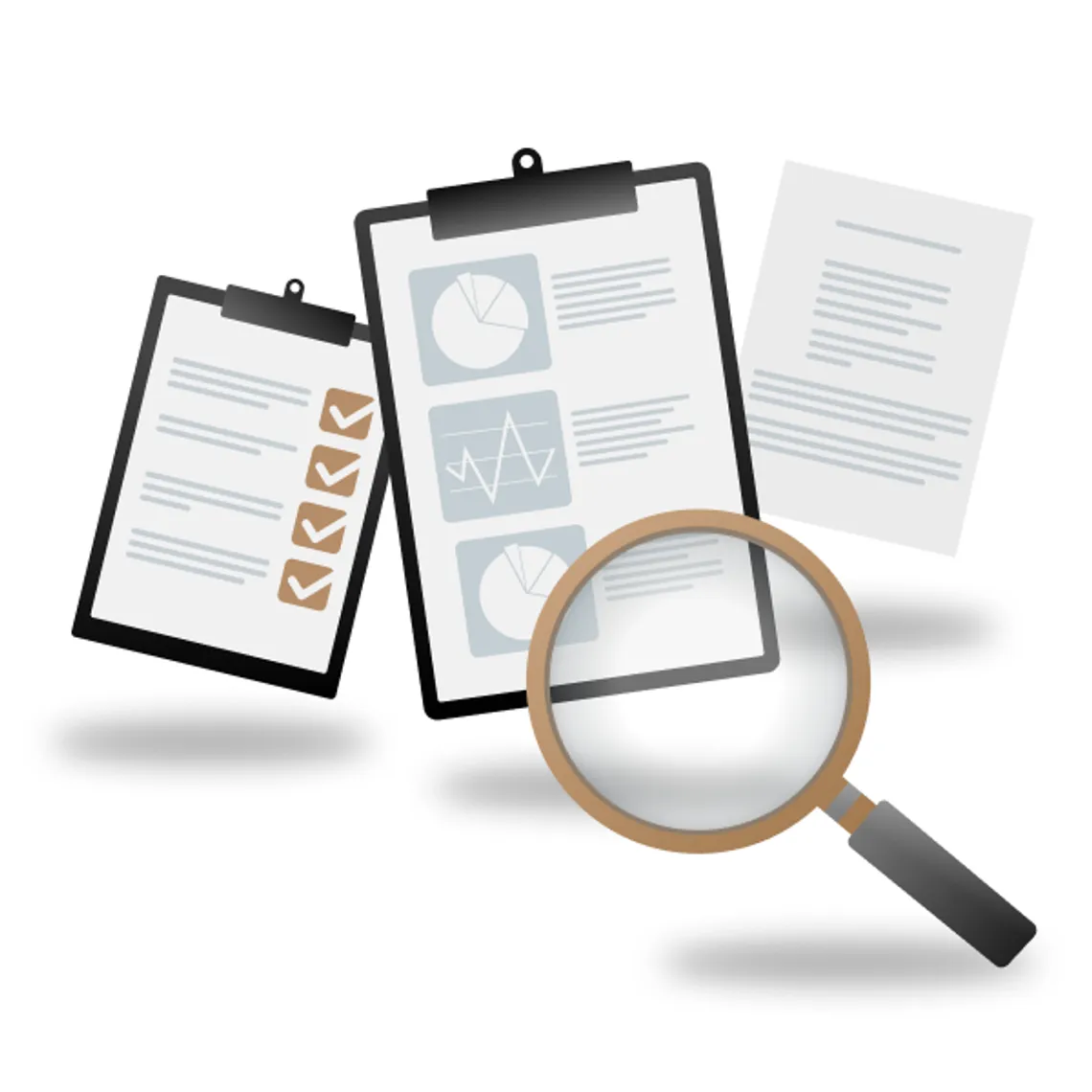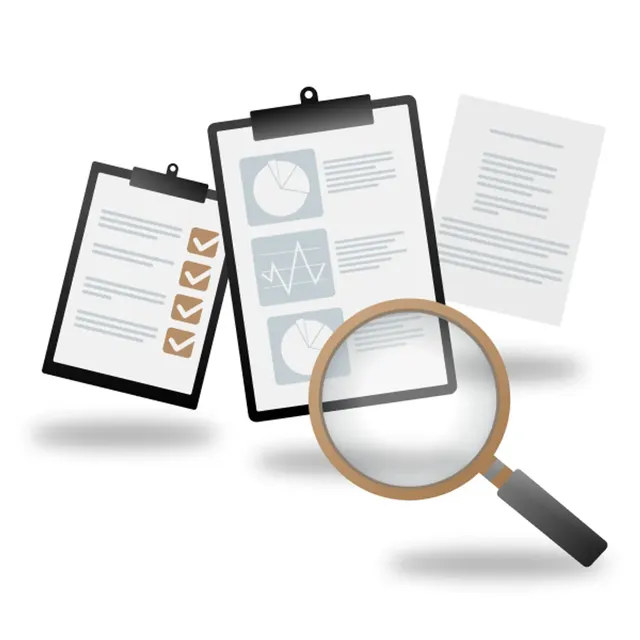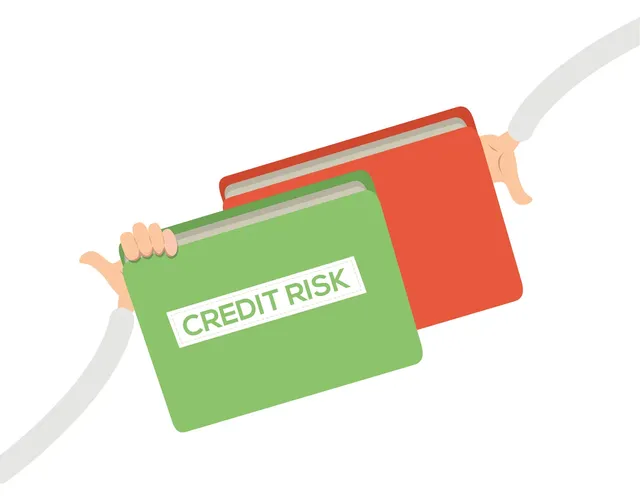What is collateral?

Collateral is property or other assets pledged to a lender to help secure a loan. If someone borrows money, they can agree that their lender can take something from them if they fail to repay the debt. This is known as a secured loan. Here we take a look at the collateral definition in a lot more detail, learning about different types of collateral, its benefits and risks, and collateral’s meaning in finance.
Highlights
-
Collateral is a valuable asset or a group of assets set aside to help secure a loan.
-
If the borrower defaults on payment, the lender can seize the collateral.
-
Mortgages, car finance loans and leverage are all kinds of collateral.
Understanding collateral
Collateral is usually used as a way to ensure that borrowers can maintain their obligation to repay a loan, and it also helps lenders decide who they are able to both lend money to and get money back from.
Keeping collateral can help minimise the amount of risk lenders take on, because they will have something which could, at least in theory, cover their costs. Likewise, it can help a borrower focus on paying back the money they owe.
However, if a borrower does default on their loan – that is, become unable to pay it back – then the lender can take the collateral and sell it, putting the money it makes on the unpaid part of the loan. Lenders can, in that situation, also take legal action to recover the cost of the loan.
Collateral acts as security for lenders, so this type of loan often has better interest rates than unsecured loans as there is, at least in theory, less risk involved. If someone borrows money with a credit card, there often isn't any collateral, so the interest rate is likely to be significantly higher than with a mortgage or personal loan.
How is collateral used in finance?
As well as being used in the matter of loans, collateral in finance is also a thing. For instance, a collateralised debt obligation or CDO is a kind of security which collects assets that repositions them into distinct groups that can then be bought by investors. The pooled assets then become debt obligations, serving as collateral for the CDO.
Types of collateral
Collateral types include real estate, business equipment, inventory, invoices, blanket lien, cash and investment assets.
Real estate collateral
Real estate collateral, or property collateral, is the practice of using one’s home or other property as collateral.
Lenders like this sort of collateral because it tends to maintain its value over time. Homes are usually worth a lot of money, meaning they can give borrowers scope for larger loans.
Business equipment collateral
Business equipment, such as machines used in manufacturing or construction can be used as collateral, although it can lose its value over time.
Therefore, some lenders may not be too keen on taking it, because it can be hard to find a buyer.
Inventory collateral
Businesses that sell products can use their inventory as collateral. Again, though, some lenders may not like it because it can be difficult to sell.
Keep in mind that a company that reduces its stock, because it is being held as collateral, may find that they lose the ability to make a profit.
Invoices collateral
Some lenders might grant a loan if they can take a business’s outstanding invoices as collateral. The disadvantage of this is that a lender will still charge fees and interest, meaning a company will not get the money they would have got had they been paid directly.
Blanket lien collateral
A blanket lien, in effect the right to seize any assets, can be taken as collateral. This is a better deal for lenders than borrowers, because should a borrower be unable to make repayments, they could lose everything.
Cash collateral
Cash can be used as collateral. If a borrower defaults on a loan, then the lender has immediate access to funds and does not have to worry about selling any items to generate cash. This means, in some cases, that loans using cash as collateral can have lower fees and interest rates than other kinds of loan.
Investments collateral
Things like stocks and bonds can be used as collateral. While it is relatively easy to convert them into cash, there could be a problem if their value declines below that of the loan.
Examples of collateral
Collateral examples include:
-
Mortgages, where the person taking out the mortgage agrees that, should they be unable to pay the instalments, their home can be taken away from them.
-
Car finance loans, where the vehicle itself is used as collateral.
-
Collateralised personal loans, which involve someone putting up a valuable item against a loan.
-
Margin trading, where a trader puts up a certain amount of money, with the rest lent by a broker. Using leverage, the trader gets more access, or exposure, to a market, meaning that they can either magnify their profits or amplify their losses, depending on which direction the market moves in. However, in the case of leverage, the entire account can be held as collateral in case the market moves against the trader’s position. Note that leverage can magnify both profits and losses.
Benefits of using collateral
The benefits of using collateral include:
-
Lower interest rates: Because the lender has the security of a collateral should payments not be made, they often do not need to charge higher interest rates.
-
Larger loans: A lender may be able to make a larger loan if they have an item as collateral, because a collateral loan already has an item which is worth a certain amount.
-
Potentially easier to get loans: With collateral, someone’s credit score is not as important as it otherwise might be, because they have put an item against the loan to cover it if they are unable to pay it.
-
Useful for credit history: If someone has a poor credit rating, or a short history of credit, collateral can, if used in a loan, potentially boost their credit rating.
Risks of using collateral
The risks of using collateral include:
-
Losing property: If someone is unable to repay a loan, then they risk losing the collateral they deposited against it.
-
Possible damage to credit: If someone is unable to repay a collateralised loan, they will have that note on their credit history.
-
Overcollateralisation: when you have to provide more collateral than the loan's value, which can be an issue if the collateral's value drops or if you need it for other purposes.
-
Limited access to collateral: can be problematic since it ties up assets that you may need for other purposes.
Conclusion
In conclusion, collateral is an item which is put up as security against a loan. If the borrower cannot repay the loan, the lender can claim the item in lieu of payment.
Different types of collateral include real estate, business equipment, inventory, cash, invoices and blanket liens.
Collateral can have benefits. It can help a borrower get a larger loan and lower cost, and it can help lenders know who they can afford to lend money to, as well as having something to help pay back the cost of the loan should the borrower default.
Borrowing with collateral always carries an amount of risk, as someone can lose the item the loan is secured against. This is why they should be careful and make sure they can make repayments against a loan.
FAQs
What does collateral mean?
The definition of collateral is a valuable asset that a borrower pledges as security for a loan.
What is an example of collateral?
An example of collateral is when the terms of a car finance deal state that, should the borrower not be able to make repayments, the person issuing the loan can take the vehicle in lieu of payment.
Is collateral the same as assets?
No. To put it in clear terms, all collateral are assets, but not all assets are collateral.
Is collateral a loan?
No. Collateral is used as security for a loan, in order to help ensure repayments are met.
Visit related finance terms

What is bonds

What is credit risk
